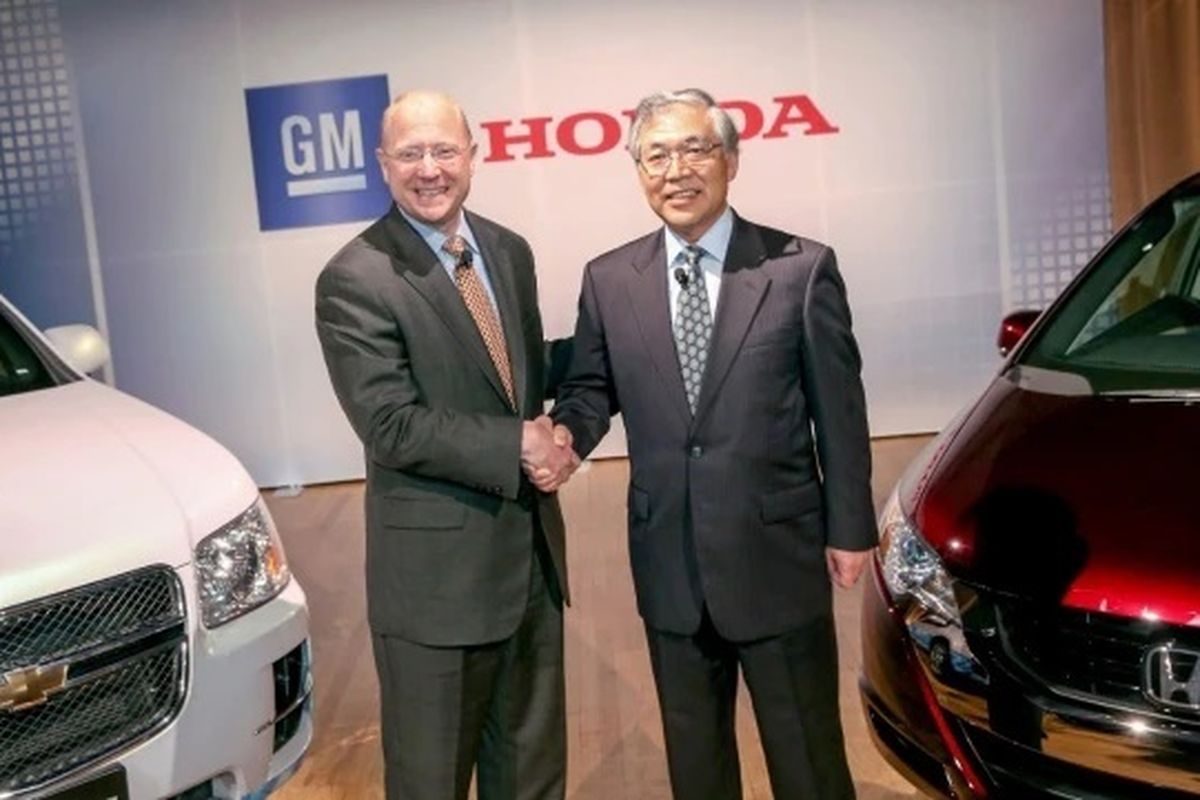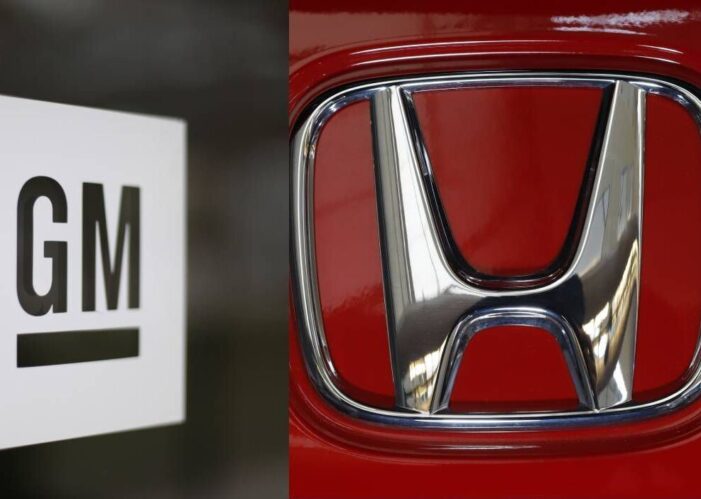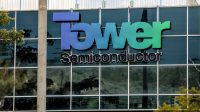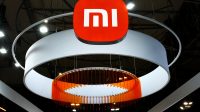Advancing Hydrogen Power: GM and Honda’s Joint Venture Unveils Fuel Cell Technology

In a significant leap towards testing the viability of hydrogen power technology in the mass market, General Motors (GM) and Honda announced the commencement of shipments for fuel cell power systems. This development, disclosed on Thursday, emanates from a production facility located near Detroit.
Initial production volumes for fuel cell power units will be conservative, with Honda’s executive Jay Joseph expressing the company’s goal of delivering 2,000 fuel cell power units annually by the mid-2020s. A pivotal move is the integration of fuel cells into an upcoming version of Honda’s popular CR-V sport utility vehicle, slated for unveiling in March. Furthermore, these fuel cells will find applications in various products, extending beyond automobiles to stationary power generators.
Honda’s collaborative efforts with Japanese truck maker Isuzu (7202.T) focus on the development of a hydrogen-fueled Class 8 semi-truck. Meanwhile, GM, which has a historical involvement of almost 60 years in fuel cell research, has previously outlined plans to supply fuel cell systems to Autocar and Komatsu. The marketing of fuel cells under the Hydrotec brand is part of GM’s strategy.
At an event on Wednesday, Charlie Freese, the executive director of GM’s Global Hydrotec operation, remained tight-lipped about specific production volume targets or timelines for a GM fuel cell truck.
Broadly within the automotive industry, competitors such as Hyundai, Toyota, Stellantis, Daimler Trucks, and the U.S. startup Nikola are fervently pursuing the development of commercially viable fuel cell technology. This push stems from the imperative to replace diesel motors, given the escalating stringency of clean air standards that pose a threat to conventional combustion technology.
Fuel cell technology holds the promise of equalling the hauling power and rapid refueling capabilities of heavy diesel engines, surpassing current battery capabilities. However, despite government subsidies and incentives, its widespread adoption has been impeded by the high cost of these systems and the absence of an adequate hydrogen refueling infrastructure.
In the context of the GM-Honda joint venture, proactive measures are being taken to collaborate with customers capable of establishing centralized refueling solutions, as shared by Charlie Freese. This strategic approach aims to support the commercial production of fuel cells and enhance their integration into mainstream automotive and industrial applications.
Read More Innovation – Tech Foom








